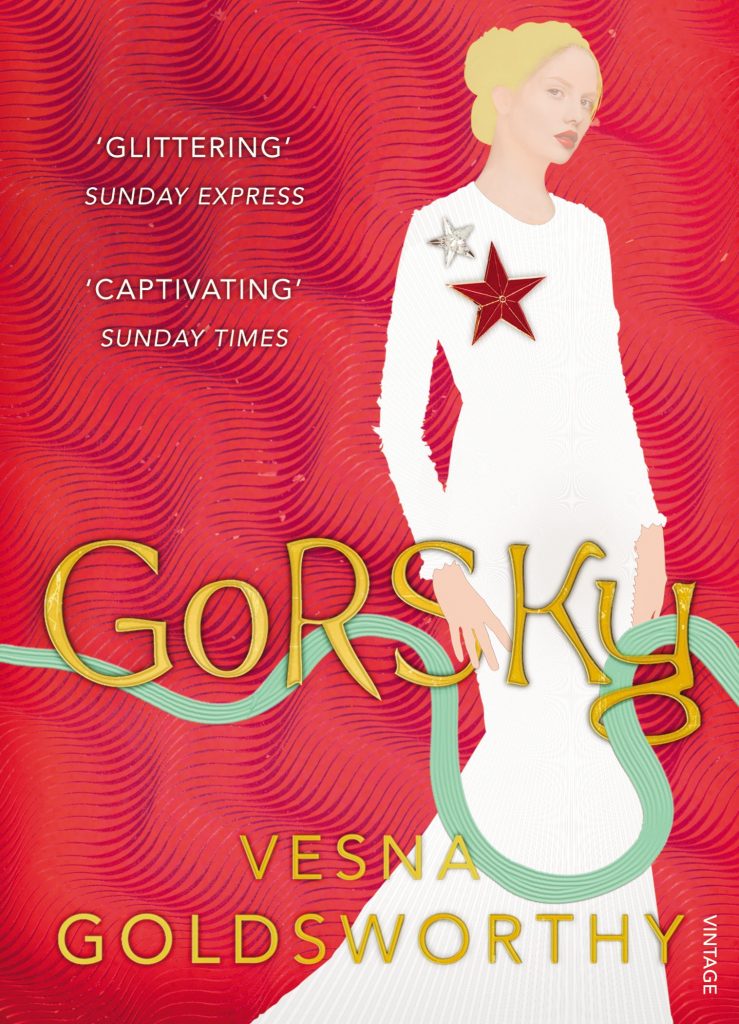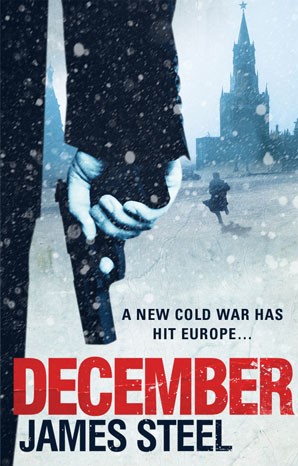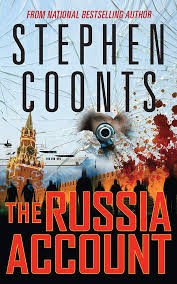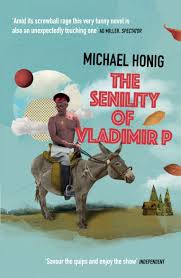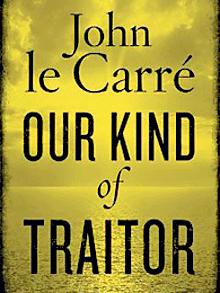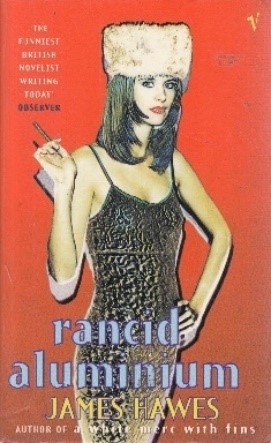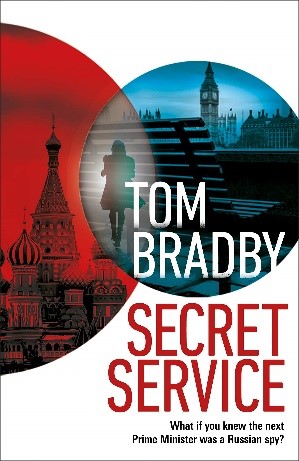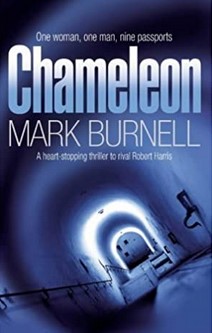
Voronezh, Voronezh, Voronezh. Three reviews in a row take Russia in Fiction back there. Though this central Russian city diminishes as we progress. In Black Earth City, Voronezh is the central character. In JUDAS 62 it is the location of the origin plot. In Chameleon, the subject of this post, it is merely the site of a murder that forged the reputation of Mark Burnell’s main Russian character, the oligarch-cum-mafiya boss, Kostya Komarov.
Burnell’s wonderful Petra Reuter tetralogy was published between 1999 and 2005. Here at Russia in Fiction we have re-read them several times, and have learnt to take care when picking up the first in the series (The Rhythm Section), as it usually means reading the four book series all the way through.
The series as a whole is not specifically about Russia, but in Chameleon —the second in the series— Russia comes more to the fore, in the character of Kostya Komarov.
Continue reading